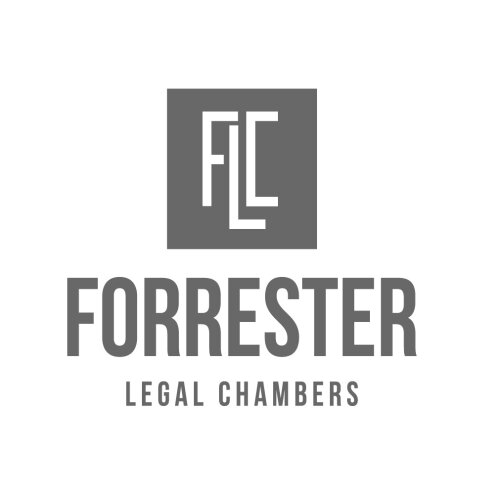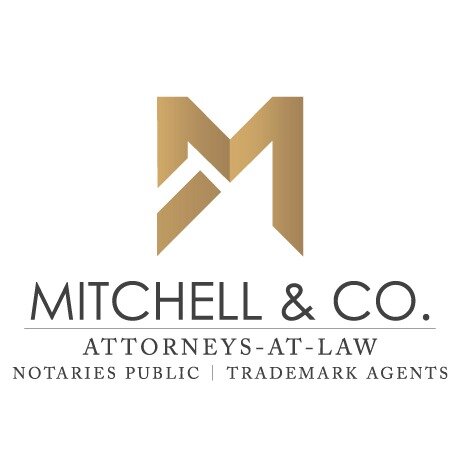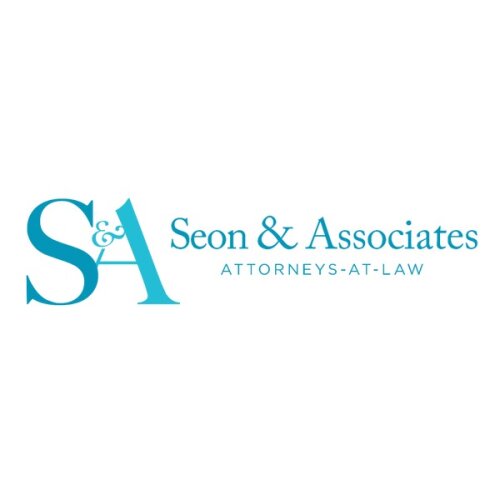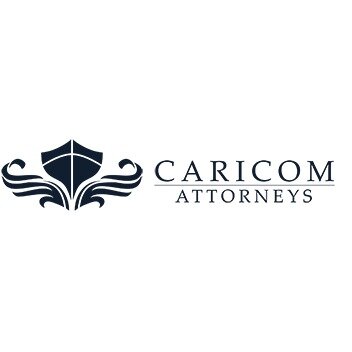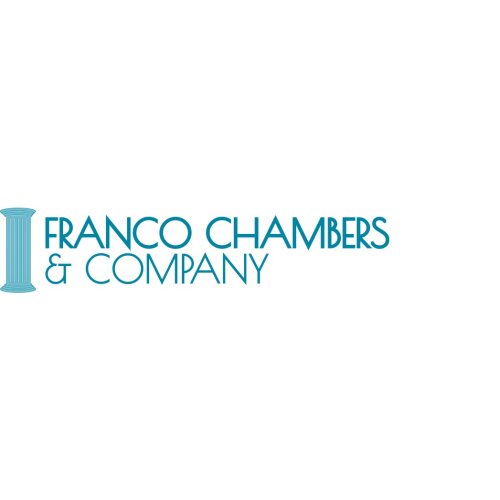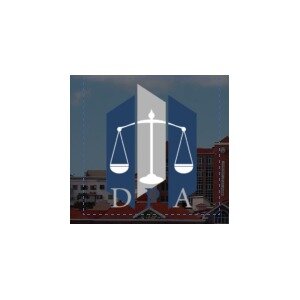Best Antitrust Litigation Lawyers in Grenada
Share your needs with us, get contacted by law firms.
Free. Takes 2 min.
Or refine your search by selecting a city:
List of the best lawyers in Grenada
About Antitrust Litigation Law in Grenada
Antitrust litigation refers to legal disputes involving unfair competition, monopolies, or restrictive trade practices that negatively affect market competition. In Grenada, antitrust laws are designed to promote fair competition, protect consumers, and ensure that businesses operate on a level playing field. The legal framework aims to prevent the abuse of market power, collusive behaviors, and other practices that hinder economic growth and consumer welfare.
Why You May Need a Lawyer
Seeking assistance from a legal professional experienced in antitrust litigation is crucial in several situations. If you believe a competitor is manipulating the market or engaging in anti-competitive behavior, a lawyer can help you determine if these actions violate local laws. Similarly, if your business is accused of price fixing, abuse of dominance, or other anti-competitive activities, you require skilled legal defense. Lawyers are also valuable when navigating investigations by authorities, responding to regulatory inquiries, or pursuing compensation for losses caused by unlawful conduct.
Additionally, understanding your rights and obligations in business agreements and transactions often benefits from specialist advice, especially if you suspect a contract restricts competition or if a merger or acquisition may raise concerns under local laws.
Local Laws Overview
Grenada's legal system reflects influences from both English common law and local statutes. The primary legal instruments addressing antitrust and competition issues are found within the Fair Trading Act and related regulations. This legislation covers topics such as prohibited agreements, abuse of dominant position, mergers and acquisitions, and powers of regulatory bodies.
The Fair Trading Act prohibits agreements that restrict, prevent, or distort competition. Businesses are not allowed to engage in practices such as price fixing, bid rigging, or market allocation. The Act also forbids abuse by businesses in a dominant market position, including behaviors like predatory pricing or refusal to supply competitors. Regulatory agencies, such as the Grenada Fair Trading Commission, have authority to investigate complaints, conduct market inquiries, and impose sanctions or remedies where violations are found.
Frequently Asked Questions
What is antitrust litigation?
Antitrust litigation is the process of resolving disputes in court regarding anti-competitive practices, such as monopolies, price fixing, or market manipulation, that harm fair competition.
Does Grenada have specific antitrust laws?
Yes, Grenada has laws primarily under the Fair Trading Act that address anti-competitive behavior, restrictive agreements, and market dominance.
What types of behavior are considered anti-competitive in Grenada?
Common anti-competitive behaviors include price fixing, bid rigging, limiting supply, dividing markets, abusing a dominant position, and preventing new competitors from entering the market.
Who enforces antitrust laws in Grenada?
The Grenada Fair Trading Commission is the main body responsible for enforcing antitrust laws, investigating suspected abuses, and taking enforcement actions when necessary.
Can individuals and businesses both be pursued under antitrust laws?
Yes, both individuals and businesses can be held accountable for participating in prohibited anti-competitive activities.
What penalties apply for violating Grenada's antitrust laws?
Penalties can include fines, orders to stop certain behaviors, and, in some cases, criminal prosecution depending on the severity of the violation.
How do I file a complaint about anti-competitive behavior?
You can report suspected violations directly to the Grenada Fair Trading Commission, either as a consumer, competitor, or affected business.
Can I recover damages if I am harmed by anti-competitive practices?
Yes, if you suffer losses due to violations of antitrust laws, you may have the right to seek compensation through the courts.
Do mergers or acquisitions require approval under antitrust laws?
Certain mergers or acquisitions that could significantly affect market competition may need to be reviewed or cleared by the Fair Trading Commission before completion.
When should I consult a lawyer about antitrust issues?
You should seek legal advice if you are involved in a dispute, face an investigation, plan significant business transactions, or suspect anti-competitive practices are impacting your business.
Additional Resources
For more information and support regarding antitrust litigation in Grenada, consider these resources:
- Grenada Fair Trading Commission - Regulatory authority for competition matters
- Ministry of Legal Affairs - Guidance on relevant statutes and regulations
- Grenada Chamber of Industry and Commerce - Business advisory and resources
- Legal aid services - Assistance for those needing help with legal representation
- Local law firms and attorneys specializing in competition and commercial law
Next Steps
If you believe you are affected by or may be involved in an antitrust issue, consider the following steps:
- Document all relevant information, including contracts, correspondence, and evidence of suspected conduct
- Contact a lawyer who has experience in antitrust and competition law to review your situation
- Reach out to the Grenada Fair Trading Commission if you wish to lodge a formal complaint
- Begin any necessary legal proceedings as advised by your legal representative
- Stay informed about your rights and obligations under the Fair Trading Act and related laws
Taking these actions will help protect your interests and ensure that you are following the proper legal process for antitrust litigation in Grenada.
Lawzana helps you find the best lawyers and law firms in Grenada through a curated and pre-screened list of qualified legal professionals. Our platform offers rankings and detailed profiles of attorneys and law firms, allowing you to compare based on practice areas, including Antitrust Litigation, experience, and client feedback.
Each profile includes a description of the firm's areas of practice, client reviews, team members and partners, year of establishment, spoken languages, office locations, contact information, social media presence, and any published articles or resources. Most firms on our platform speak English and are experienced in both local and international legal matters.
Get a quote from top-rated law firms in Grenada — quickly, securely, and without unnecessary hassle.
Disclaimer:
The information provided on this page is for general informational purposes only and does not constitute legal advice. While we strive to ensure the accuracy and relevance of the content, legal information may change over time, and interpretations of the law can vary. You should always consult with a qualified legal professional for advice specific to your situation.
We disclaim all liability for actions taken or not taken based on the content of this page. If you believe any information is incorrect or outdated, please contact us, and we will review and update it where appropriate.
Browse antitrust litigation law firms by city in Grenada
Refine your search by selecting a city.



